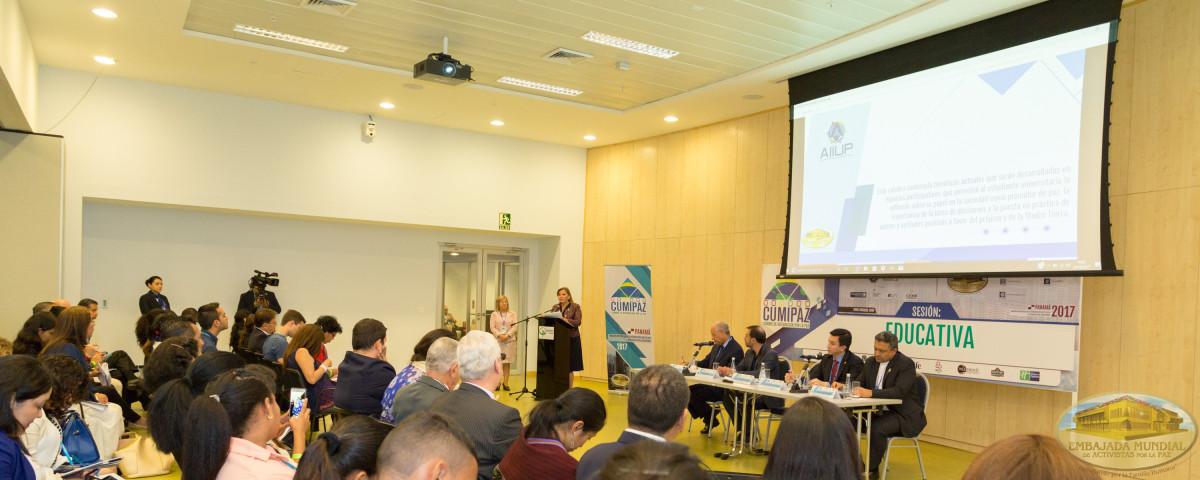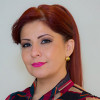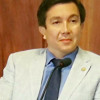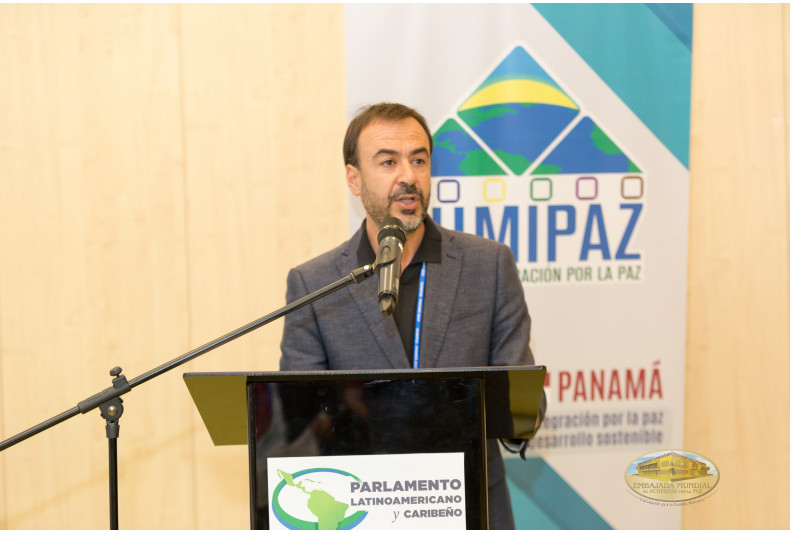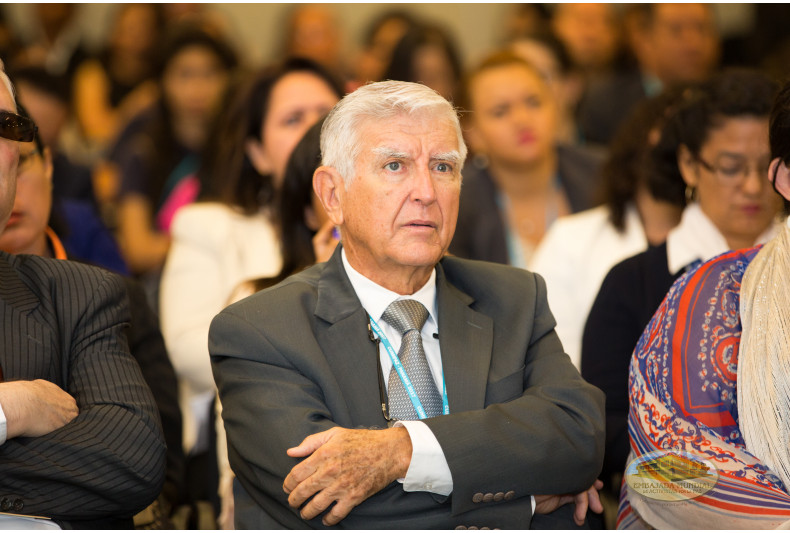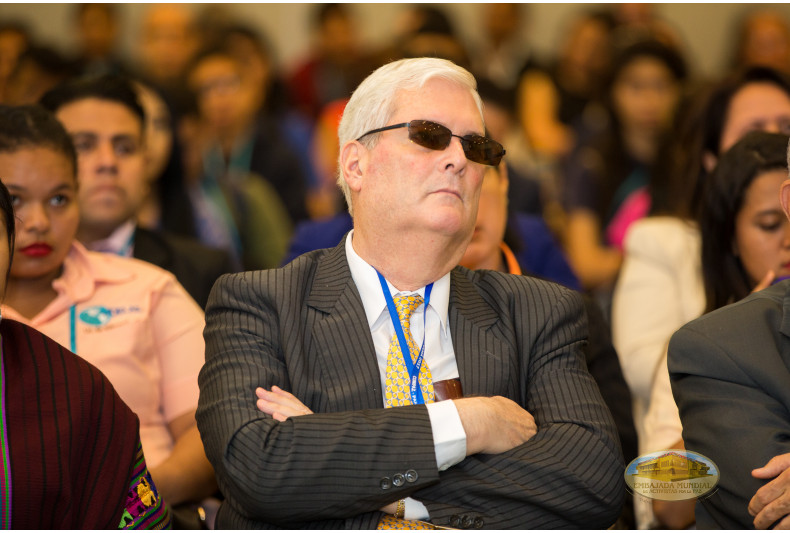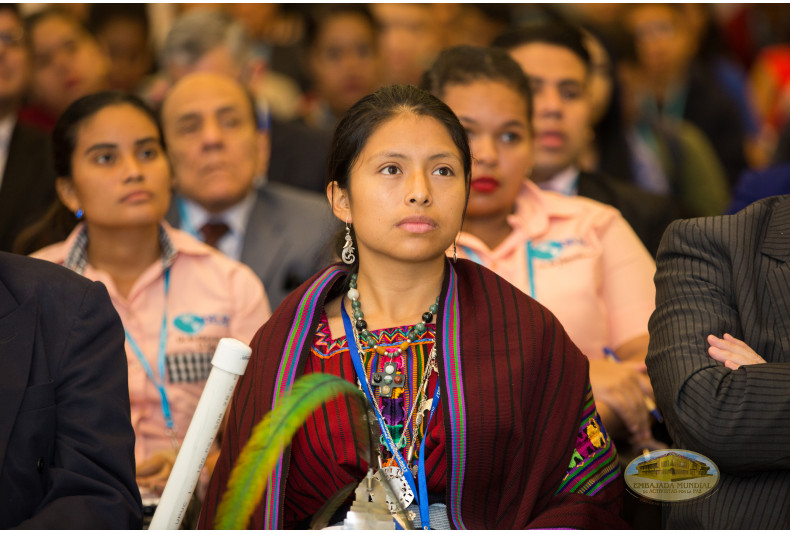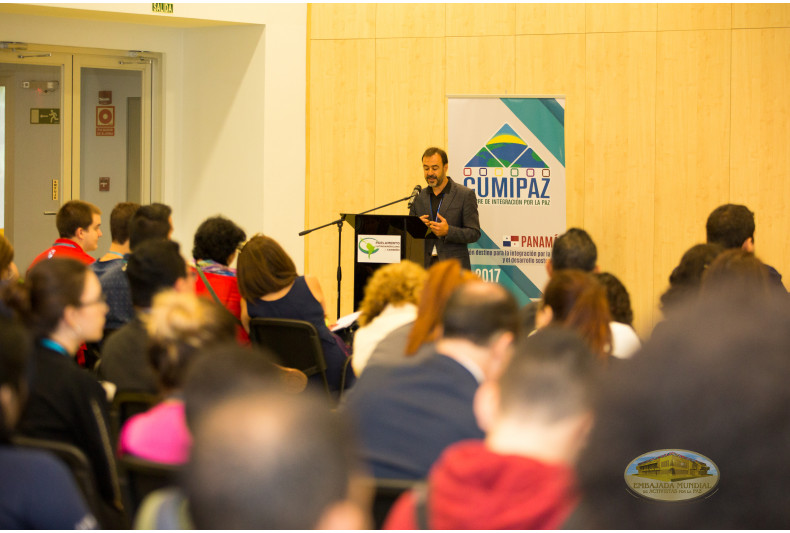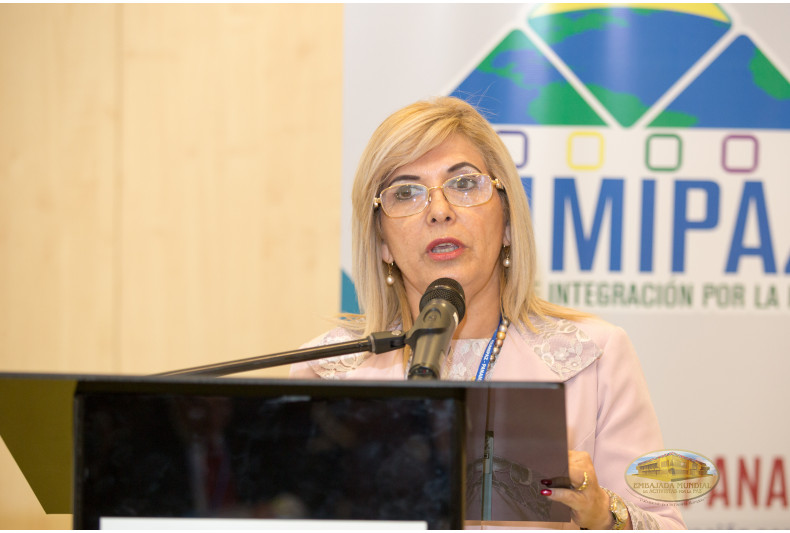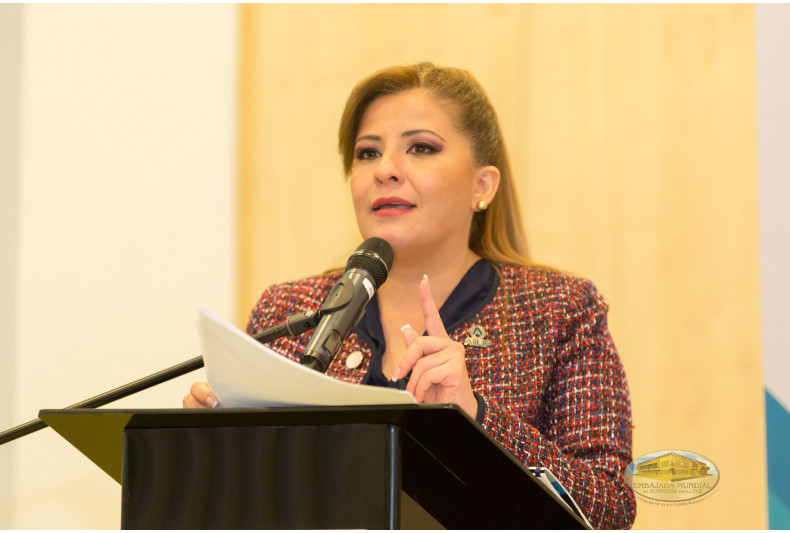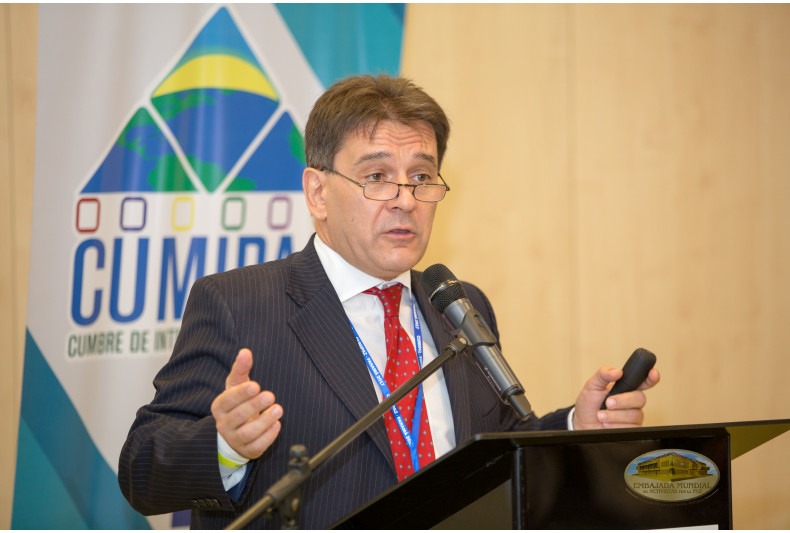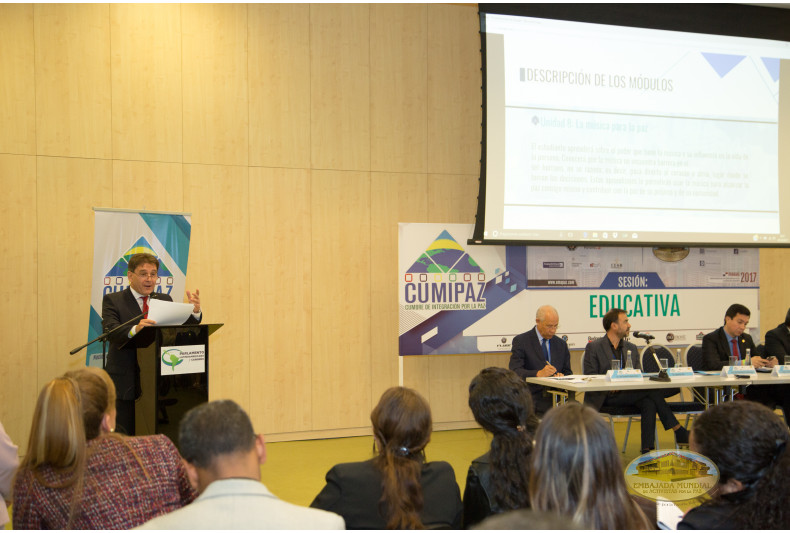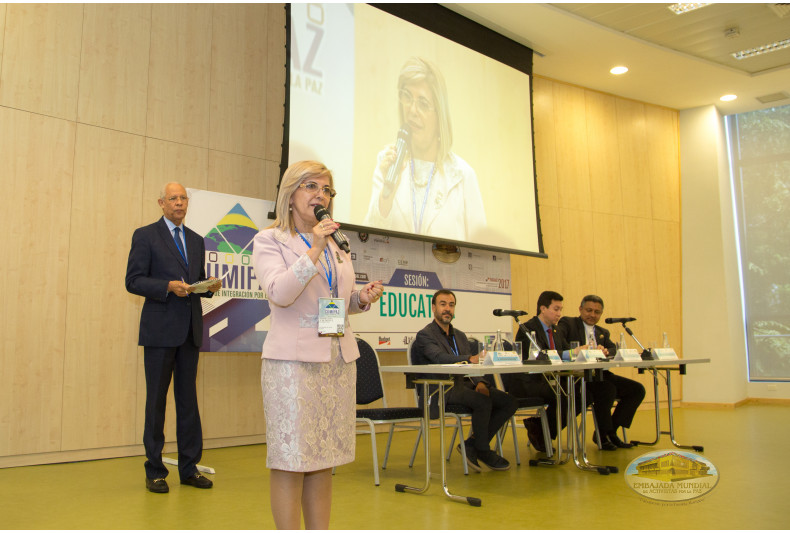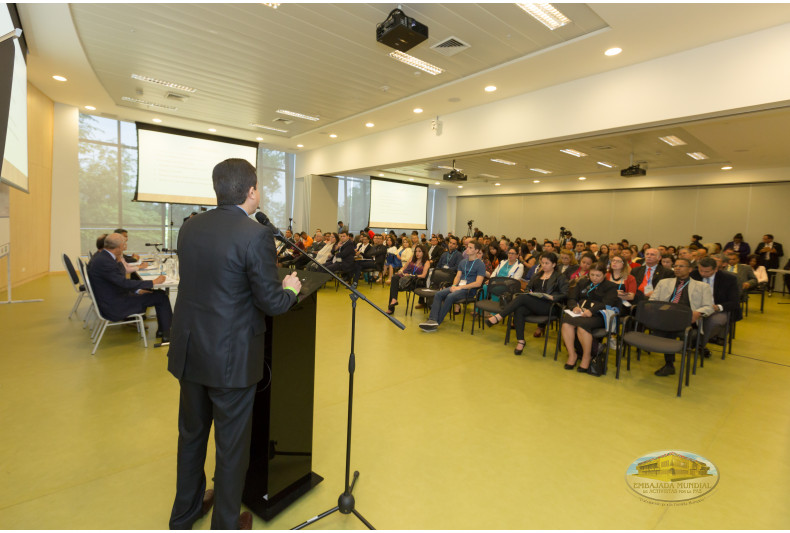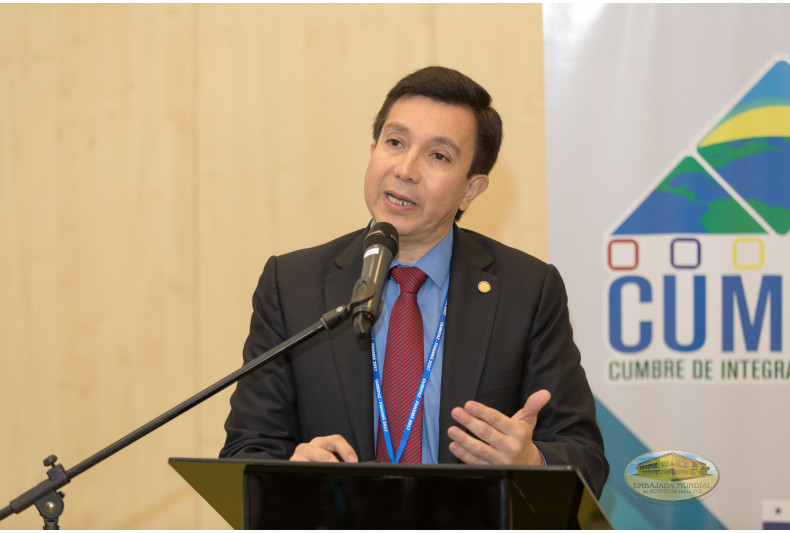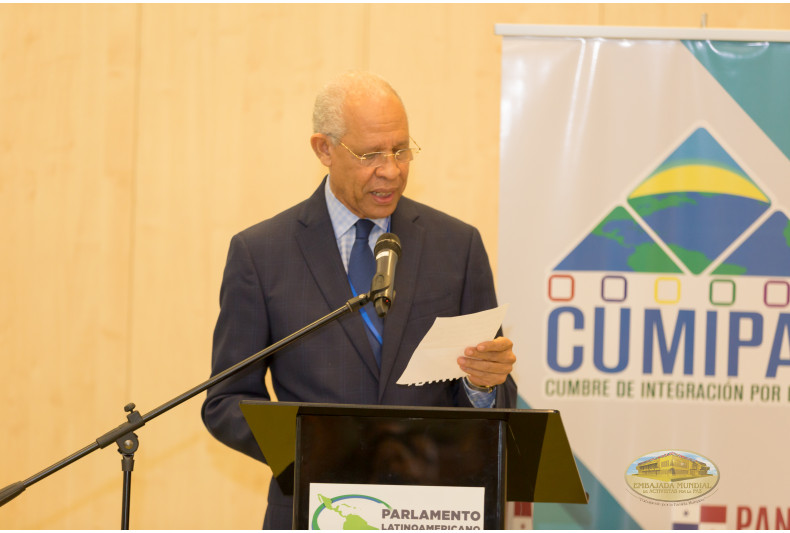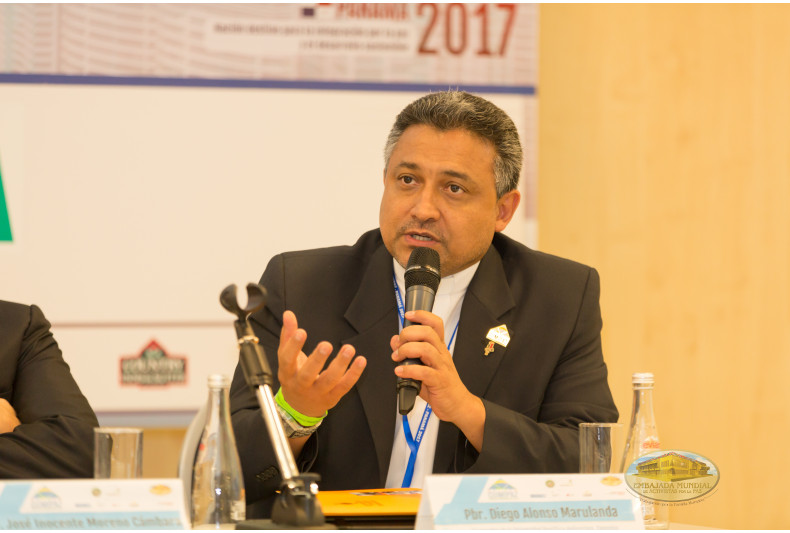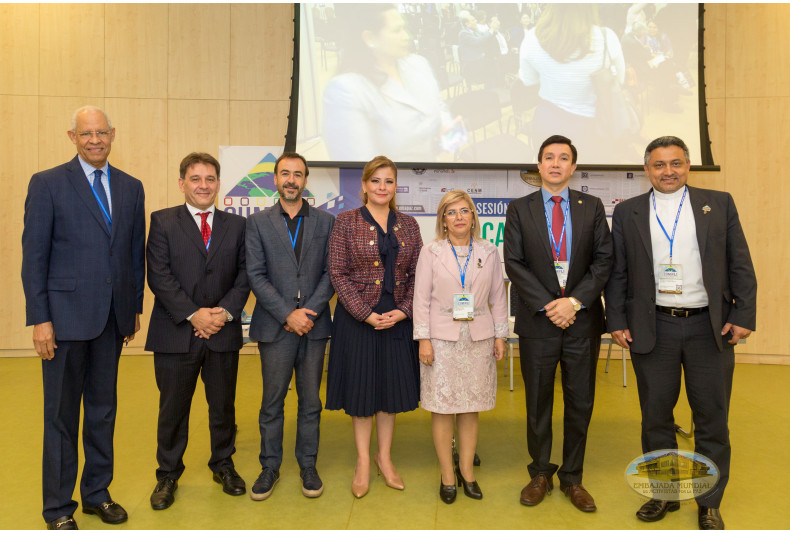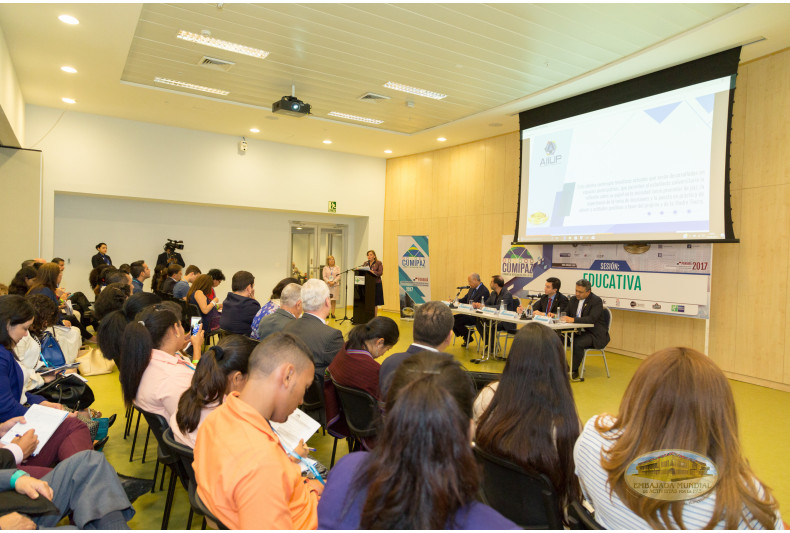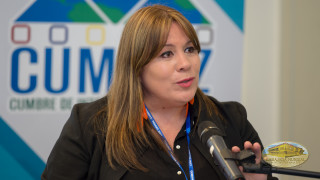Academics propose practices framed within an education for peace
See GalleryDuring the work day, the Chair for Peace was presented
With the objective of promoting strategic alliances and cooperation in the field of education, to promote a culture of peace and sustainable development, CUMIPAZ 2017 presented the third round of the Educational Session: Education for integral peace.
The day was developed under the theme Practices and tools to build educational spaces for peace.
The president of the Association of Rectors of the Caribbean - ARCA, José Holguín Brito, from the Dominican Republic, was in charge of leading the day that brought together rectors, professors and representatives of universities in Spain, Paraguay, Colombia and Guatemala.
Educational projects
Ignacio Sell, director of the Campus of Peace at the Universidad Camilo José Cela of Spain, said in his conference that the fundamental purpose of all his work is to create citizenship from the university, considering that this space is an engine of cohesion from the academic to form individuals from a multicultural perspective.
He presented two initiatives, first the Center for Emotional Education for Victims of Terrorism, the Peace Campus and the University Inclusion Program, which integrates young refugees and asylum seekers, and offers a real opportunity for social inclusion and a life project for students from Syria, Iraq, Afghanistan and Ukraine.
For his part, the vice-rector of the Universidad Bolivariana de Colombia, Diego Alonso Marulanda, explained that the institution is consolidated in its model of teaching, research and innovation, and cataloged it as an outgoing university, which contributes to the construction of peace in different contexts through four projects:
1. Prepare for Peace, an initiative that is carried out from the communities.
2. Contemporary Aesthetics, in which researchers and scholars and institutions are involved, which receive a foundation for the epistemologies of peace.
3. Neuroeducation, is related to indigenous peoples.
4. Project with the Military Forces.
He explained that the University summons the laborers, institutions and academics, also includes ethno-education, giving prominence to the indigenous people, Afro-descendants and the public force.
Chair for Peace
Gabriela Lara, director general of the Global Embassy of Activists for Peace, presented the Chair for Peace. In her presentation, she showed the structure of this project and the themes that make it up. She mentioned:
"The Chair for Peace contemplates current themes that will be developed, in participatory spaces to allow the university student to reflect on their role in society, as a promoter of peace and, above all, to teach the young person to make correct decisions; that the student recognizes that they plays an important role in society as a transformational leader."
In this regard, the secretary pro tempore of the ALIUP, Hermelinda A. de Ortega, indicated that the Chair for Peace, is intended for university students attending any area of higher education.
He also pointed out that the chair is based on the proposals socialized in international and national seminars, as part of the International Alliance of Universities for Peace (ALIUP), a program that has held more than 300 academic meetings involving universities from different countries.
Global educational system
José Inocente Moreno, Deputy Minister of Design and Verification of Educational Quality of the Ministry of Education of Guatemala, spoke about the current educational system; in relation, mentioned that among the errors of the system is the diversity of meanings given to it, and the particular intentionality.
"They consider education as a process of transmission of knowledge, of training, of preparation or of memorization and that is not educating; that may be training," he said.
In turn, he stressed that teachers must regain leadership and that education should govern the cultural, social and political world, not the other way around. He added: "It is not time for politicians to put educational policies, it is time for teachers to develop educational policies."
For Moreno:
"Education does not generate followers, education generates leaders. Education does not frame, education expands. Education does not evolve, education is disruptive in life. "
